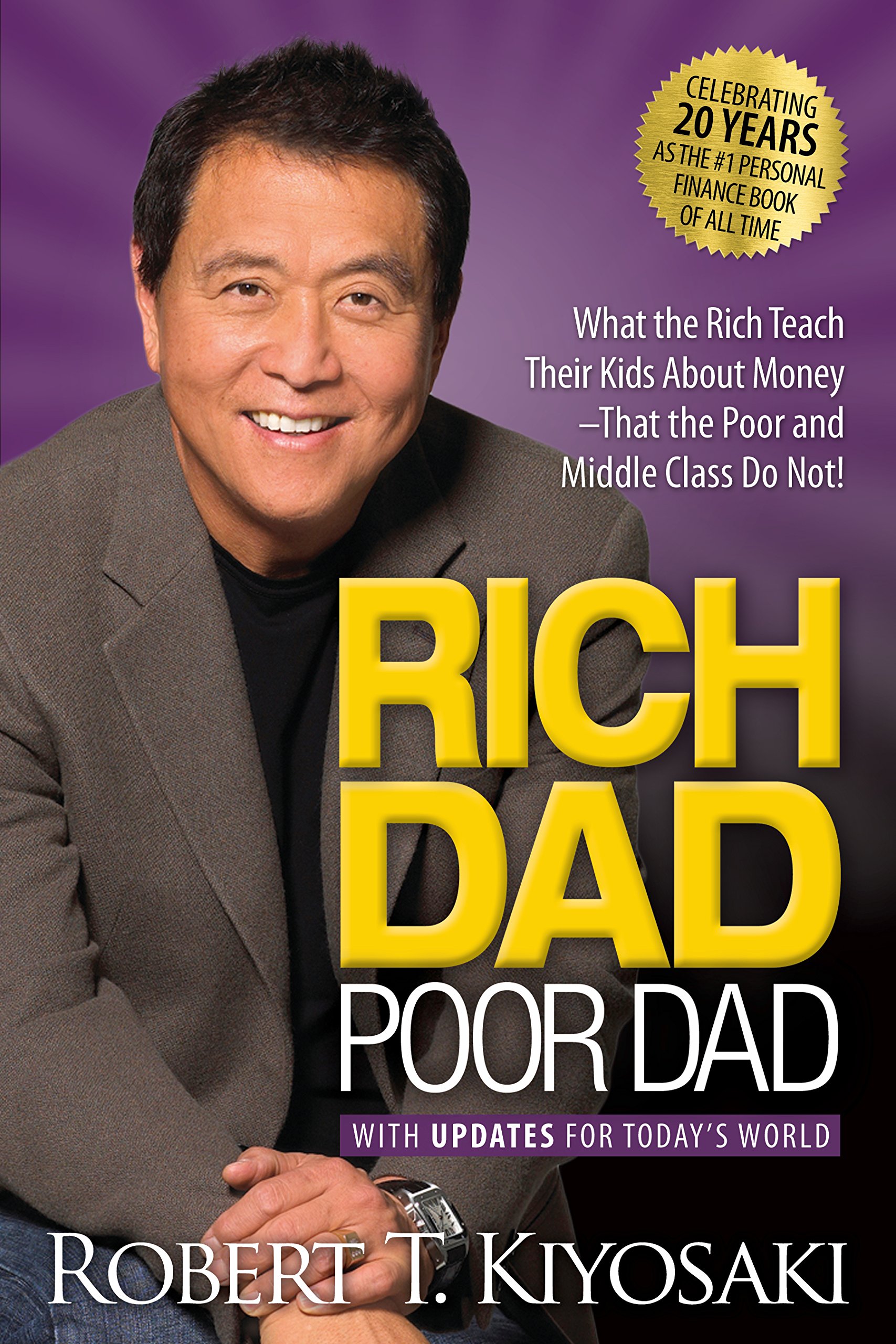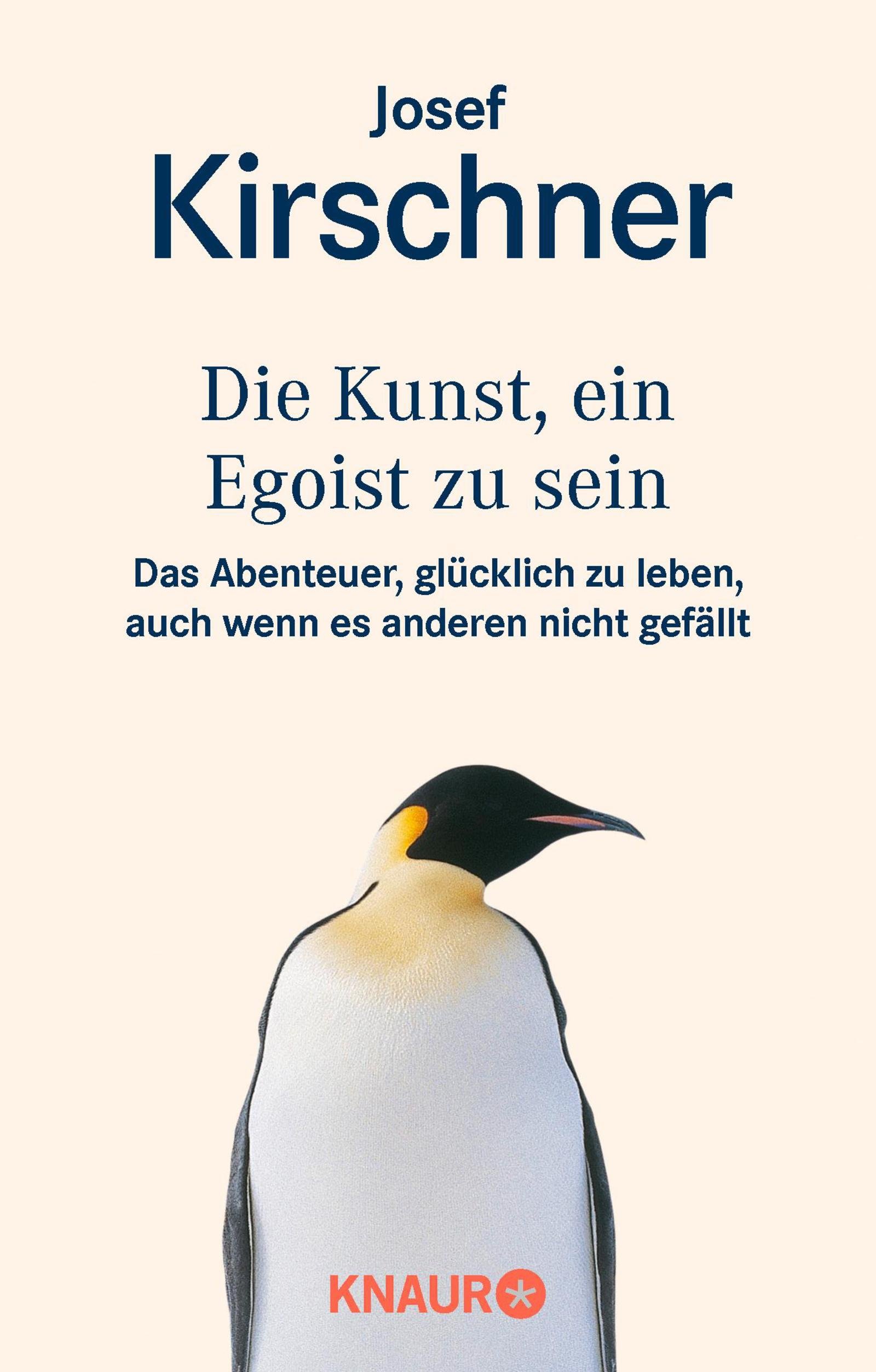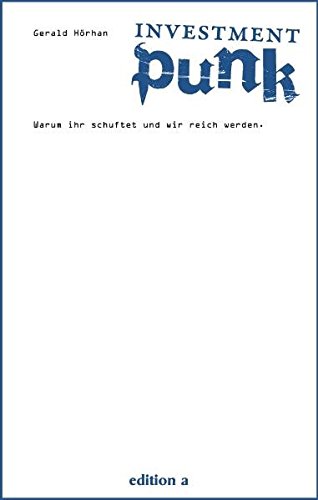Review: The book that sparked a movement – a cult, really – and is still cited as the number one resource for learning how to amass wealth. Kiyosaki describes the lessons he learned from young age by his two father figures. His father – the poor Dad – was a teacher, highly educated and holding a well-paid job with the government, who struggled to pay his bills. His friend Mike’s father – the rich Dad – dropped out of school and owned several companies. So, how do you get rich? Buy assets first, then pay your bills. The rest of the book merely elaborates on this simple principle. But if it is that simple, why aren’t more people rich? Because it is not obvious, what is an asset, and what is a liability (so invest in your financial education). It is hard to spot great investments (so invest in your network). And it’s hard to not pay anybody else first (so form a company to buy assets with pre-tax money). Each chapter of Rich Dad, Poor Dad consists of four parts. First, Kiyosaki recites tales from his youth, and what his titular Dads taught him. This is followed by a…
Review I try to review only books that were published in english, but I got this one for cheap and did not notice its language constraints until after I read it. So I thought, whatever. If the book had an english title it would be something along “The Art of Being an Egotist”. Enjoy. The phrase “egotist” is usually understood as an insult. Kirschner tries to put a positive spin on the word, defining it as a person who understands their own needs and capabilities and tries to gain maximum pleasure within this frame. This is an interesting parallel to the latest philosophical fad, modern stoicism. The difference is, that Kirschner does not prescribe a static ideal lifestyle to reach, but instead encourages the reader to evaluate and choose their goals. According to the author, everybody is an egotist anyway, but most people suppress their nature to please others. To the author, an egotist is taking responsibility for their actions and behaviors. Kirschner wants us to evaluate what we do for ourselves versus what we do for others. Do we pursue the career we want, or the career others want us to have? Do we buy luxury goods because we…
Key points People need things from you, and will value your ability to provide these things What you are inside is important, but other people can’t see it Learn, train and improve to make your inner qualities shine Author affiliations David Wong is an executive editor and writer at Cracked.com. Review copy free online article Review It’s April Fool’s Day, but instead of a hoax I decided to do some kind of special edition. So today we’ll have a look at an online article instead of a book. Cracked.com is a very dangerous site if you are the tiniest bit nerdy. Its main content, list-based humour heavy on pop culture references, is presented with just the right mixture of clickbait and substance to prompt hour-long reading binges. Between the fun, however, lurk some more serious pieces of actual journalism, just to add some flavour to the mix. And then there is one article that they repost every year since 2012, titled “6 Harsh Truths That Will Make You A Better Person”, and that’s what we will talk about. Staying true to its host site, “6 Harsh Truths” is a list counting down six behaviors and attitudes that…
Review If someone promised to show you the way to break out of your mediocrity and get rich and successful, would you want to listen to him? What if he wanted to spent some time bragging and belittling you first? Still? Now imagine the actual advice is blindingly obvious and insultingly vague. If you would still feel good about it, this book is for you. I bought the book for some out-of-the-box financial tips by an exceptional financial leader, as stated on the backside. Disappointingly, only about a third of the pages is actually about that. Brace yourself for never heard-of advice: New cars lose value very quickly. Houses are expensive, maybe renting suits you better. All debt has to be payed off at some point. Spend less than you earn. Start your own business, then you can work exclusively for your own wealth. Great advice, inspiring, maybe a bit superficial and not exactly the radical paradigm-shifting insights we were promised. Ok, so much for the good part of the book… What is the rest about? Insults and bragging. Many pages of Investment Punk are filled with rants against the middle class, usually in the form of strawman arguments with…






